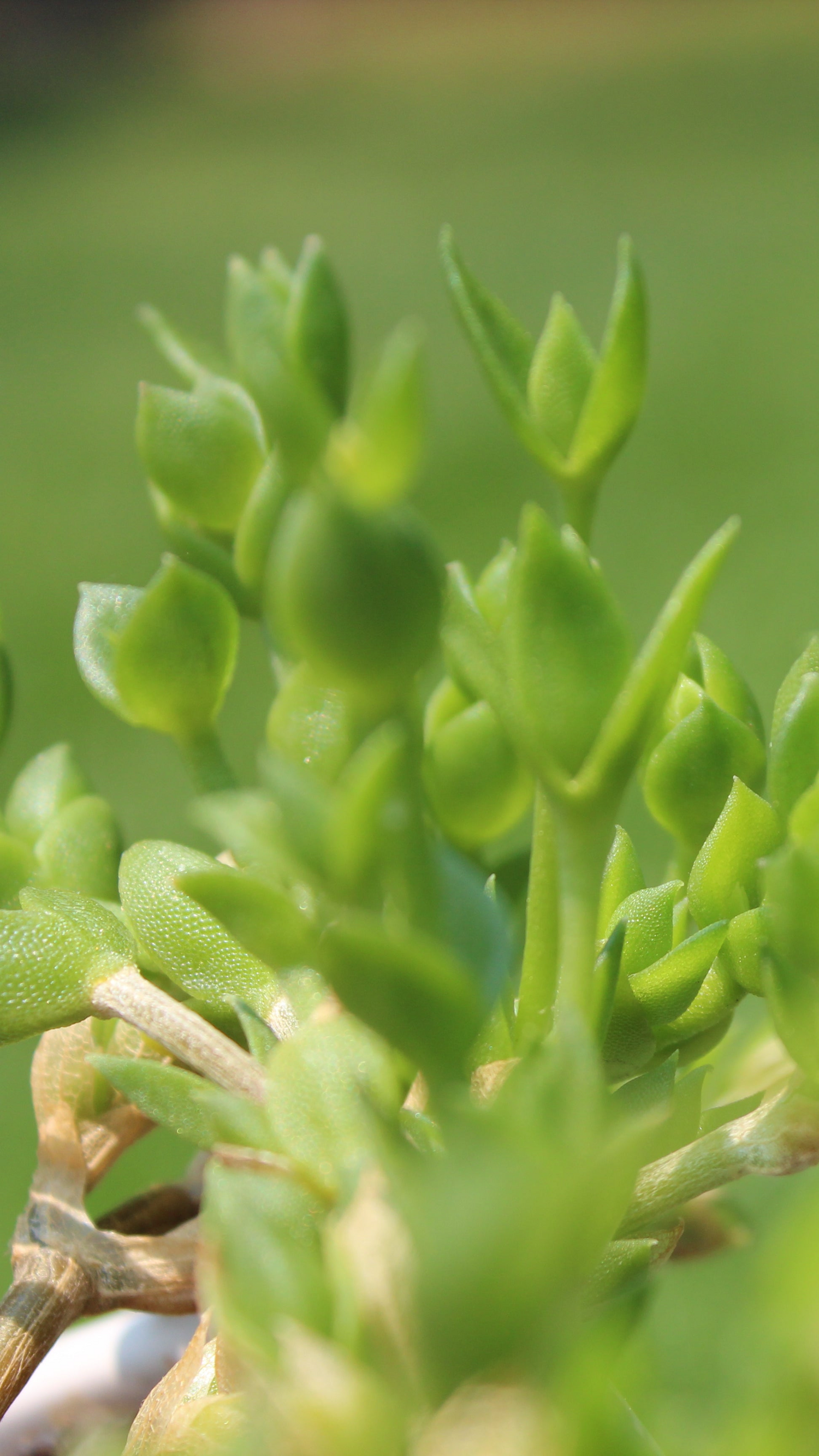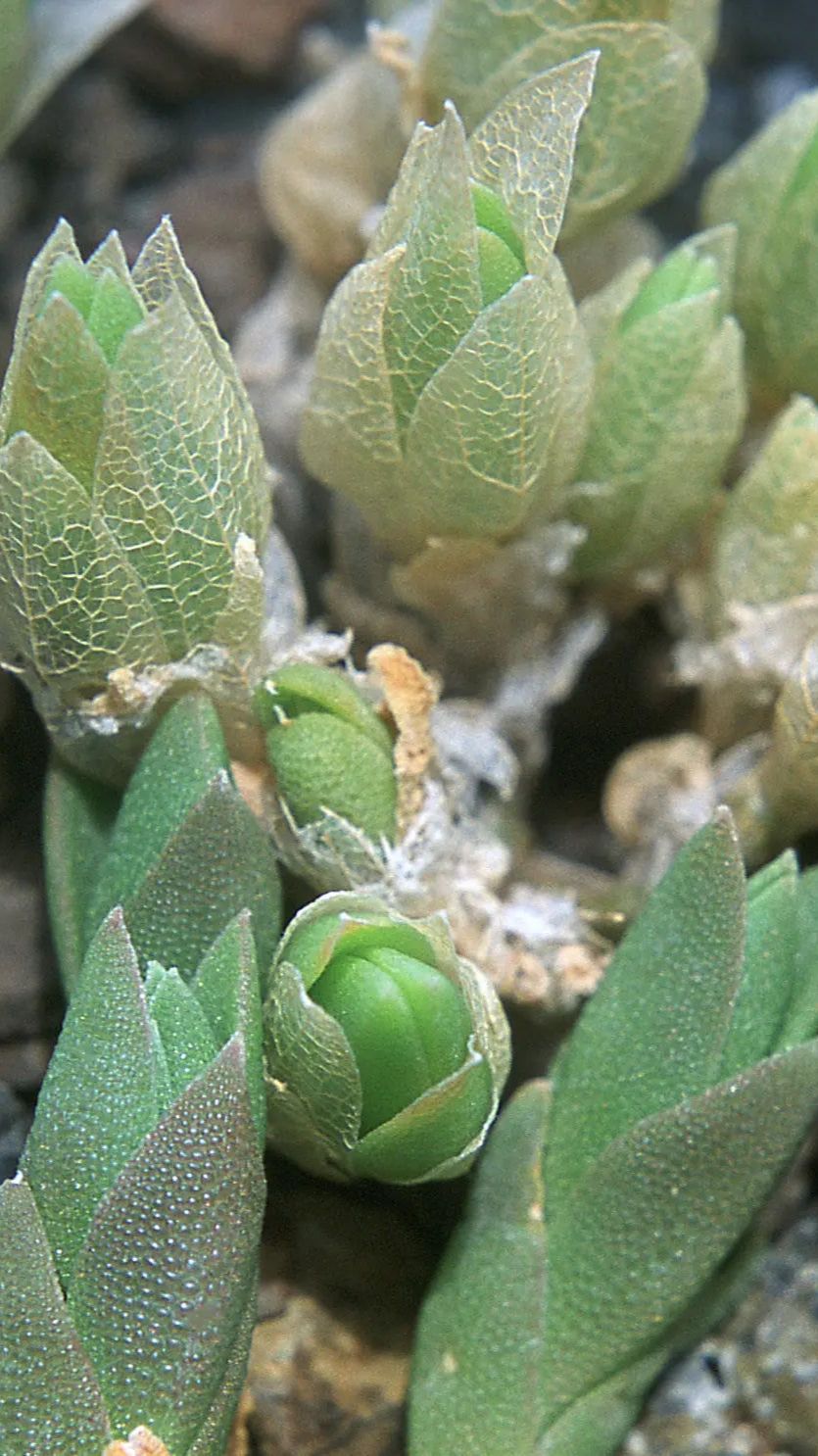
Healing Herbals
Ceremonial Grade Matcha Tea
Ceremonial Grade Matcha Tea
Couldn't load pickup availability
Ceremonial Grade Matcha Tea, handpicked from Japan’s lush Uji fields. Stone-ground into a silky powder, this matcha delivers a rich umami flavor and smooth texture, perfect for tea ceremonies or daily mindfulness. Packed with antioxidants, amino acids, and gentle caffeine, it offers sustained energy without jitters. Sourced organically and sustainably, it’s free from pesticides and packaged in eco-friendly, resealable pouches.
Our matcha green tea powder is sourced from shade-grown tea leaves, stone-ground into a fine vibrant green powder. Whether you're looking for ceremonial grade matcha for traditional tea preparation or high-quality culinary matcha for recipes, our versatile matcha fits all uses. This finely milled Japanese matcha powder delivers a smooth earthy flavor and rich color perfect for matcha lattes smoothies iced drinks baked goods and more.
Share


Kanna & Quality
Healing Herbals commitment extends through sustainable and ethical
sourcing of Sceletium tortuosum. We ensure that our plant material is
organically grown, without the use of synthetic chemicals, and sourced
either from well-managed farms or sustainably maintained wild ecosystems
on private lands.
In alignment with our ethical practices our
main suppliers participate in fair sharing agreements with the
indigenous San and Khoikhoi communities including the South African San
Council. These are the traditional knowledge holders of Sceletium.
Additionally our suppliers are authorized by the Western Province
Department of Cape Nature to distribute and export Sceletium globally

History of Kanna
This revered herb, indigenous to South Africa, has played a
significant role in the lives of the local people, particularly the
Khoikhoi and the San tribes, since prehistoric times. These tribes,
initially hunter-gatherers, used Kanna for various purposes including
relief from thirst and hunger, to combat fatigue, and for social and
spiritual purposes. They had a profound connection with the plant,
associating it with the sacred eland antelope and referring to it by the
same name: 'kanna'.
The first isolation of an alkaloid from Sceletium tortuosum was in 1898 by
Meiring, who called it mesembrine. This discovery led to a deeper
understanding of the plant's chemical composition, though its exact
composition remains elusive.
Kanna's long-standing history
reflects its significance in South African culture and its evolving role
in global herbal medicine and recreational use. From its traditional
roots to modern applications, Kanna has remained a plant of great
interest and value.

